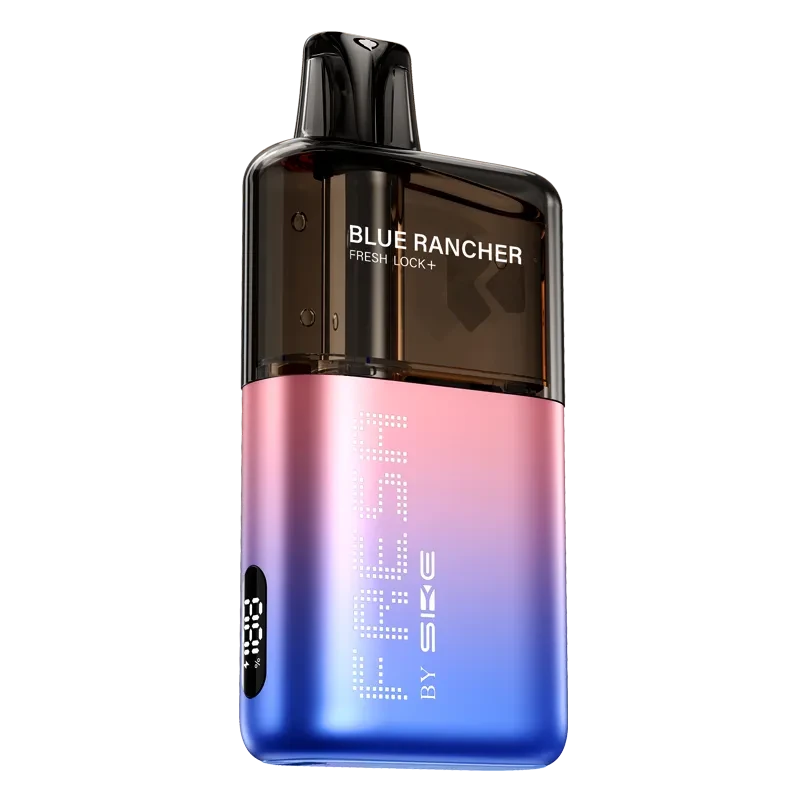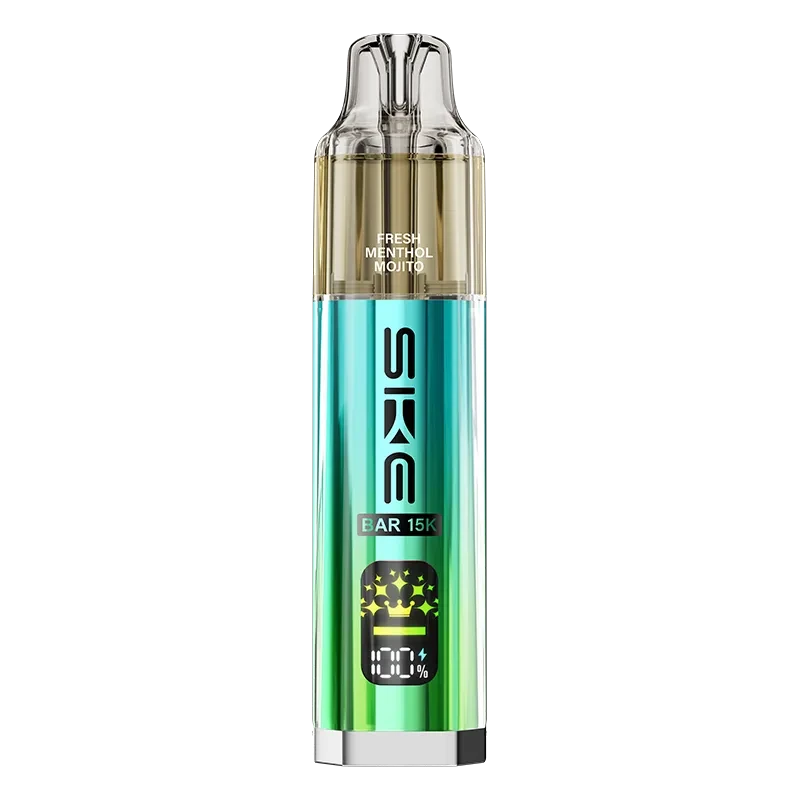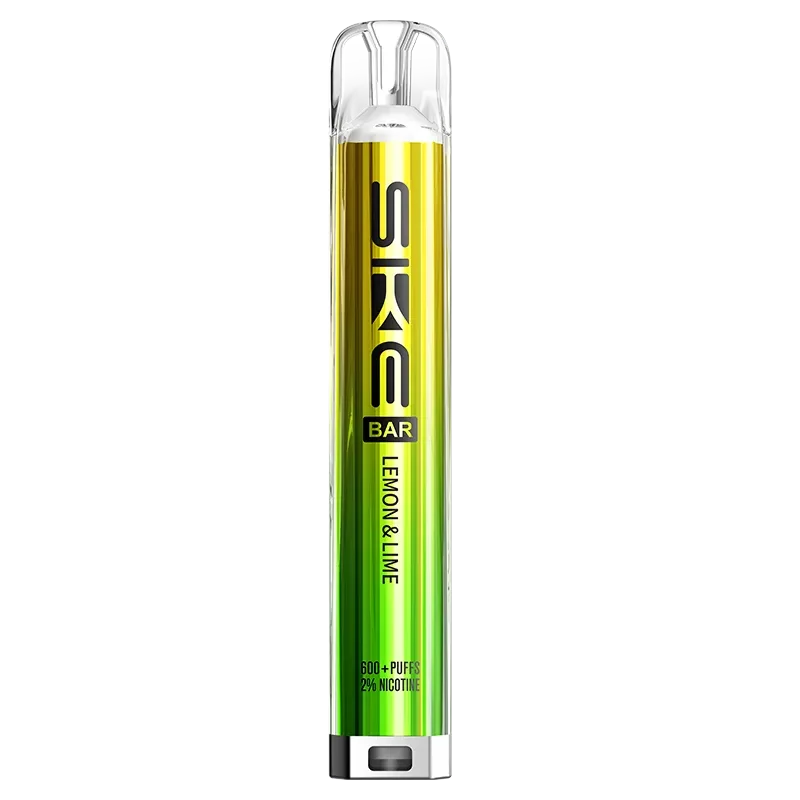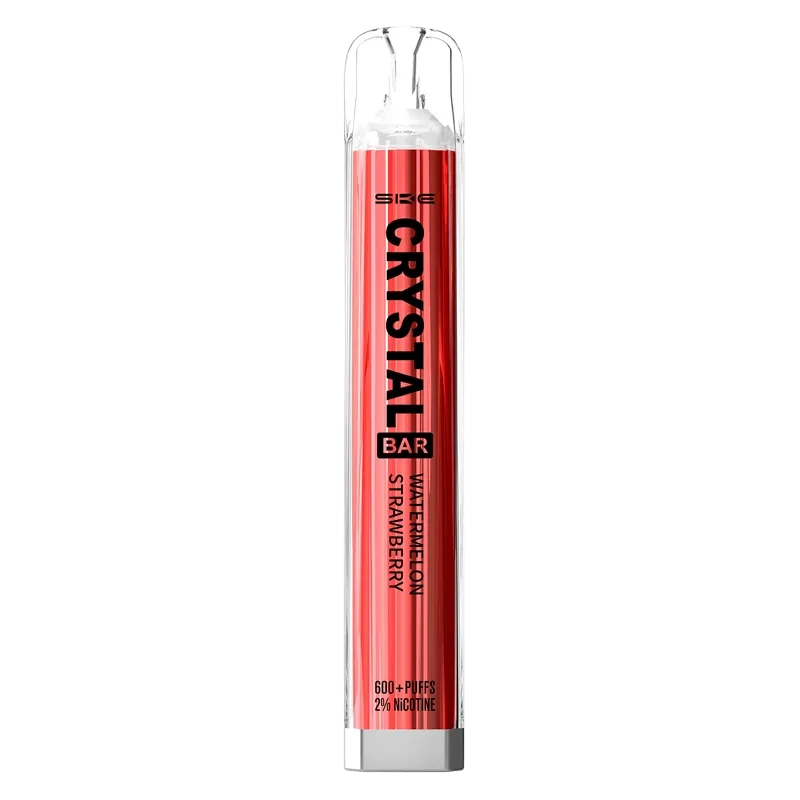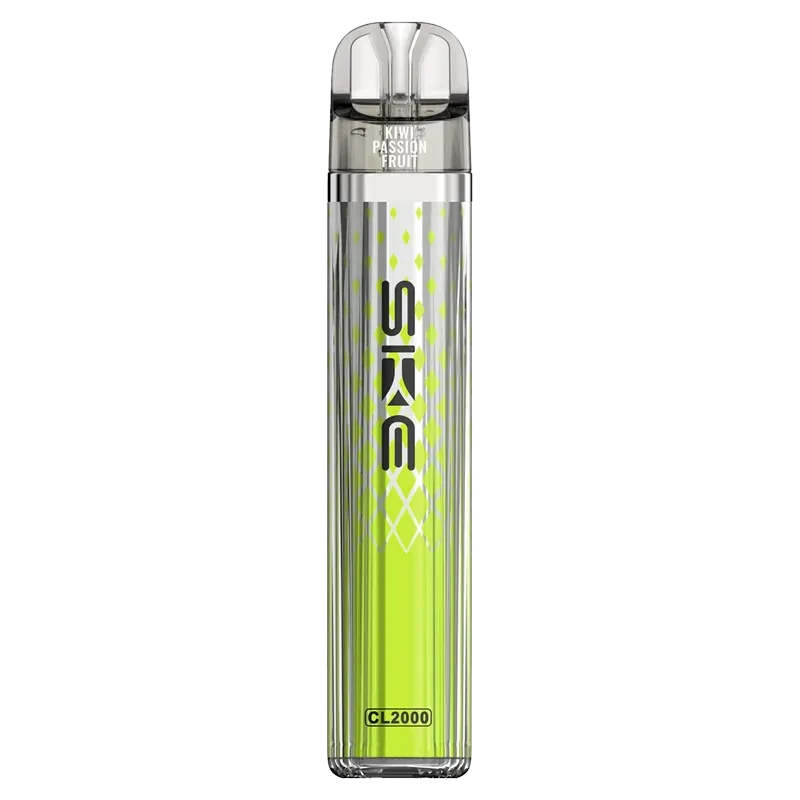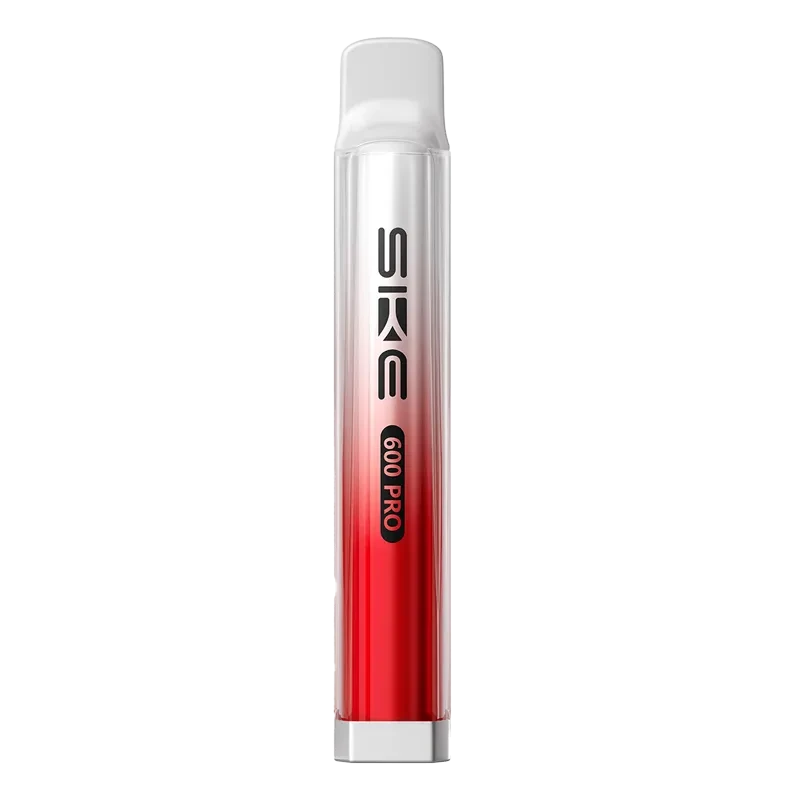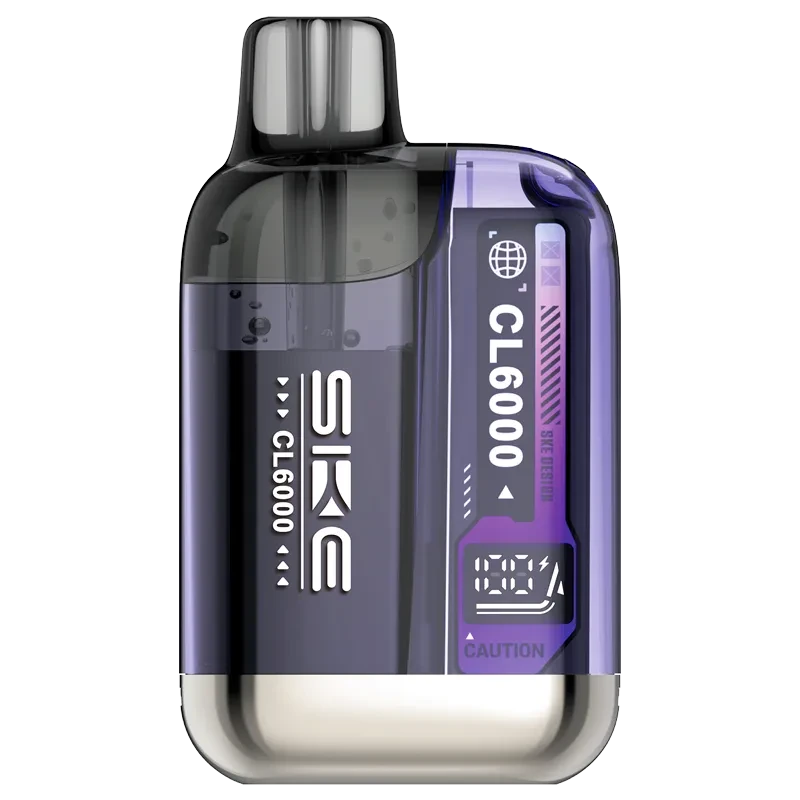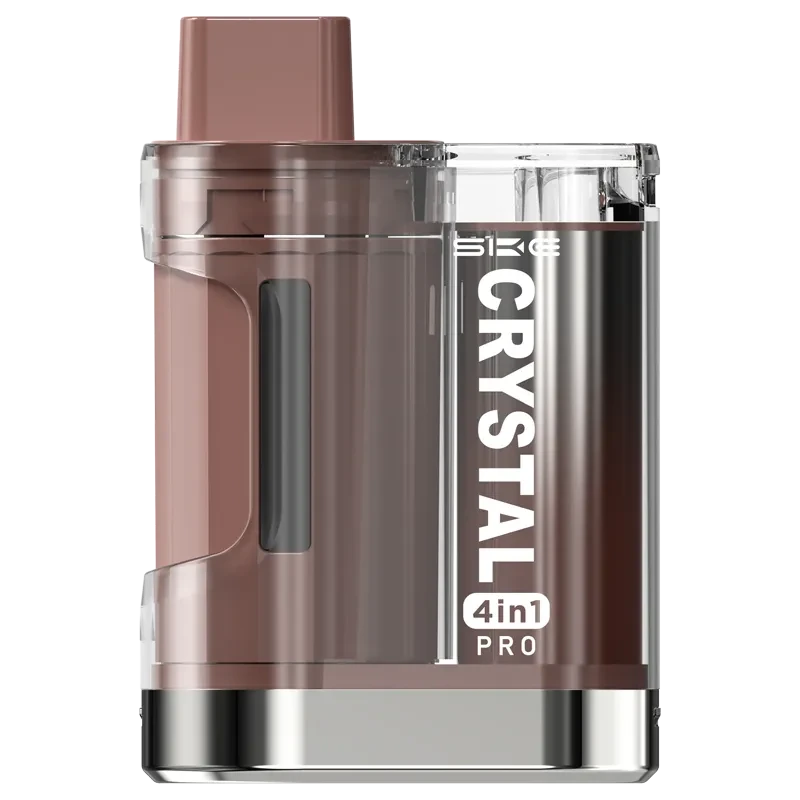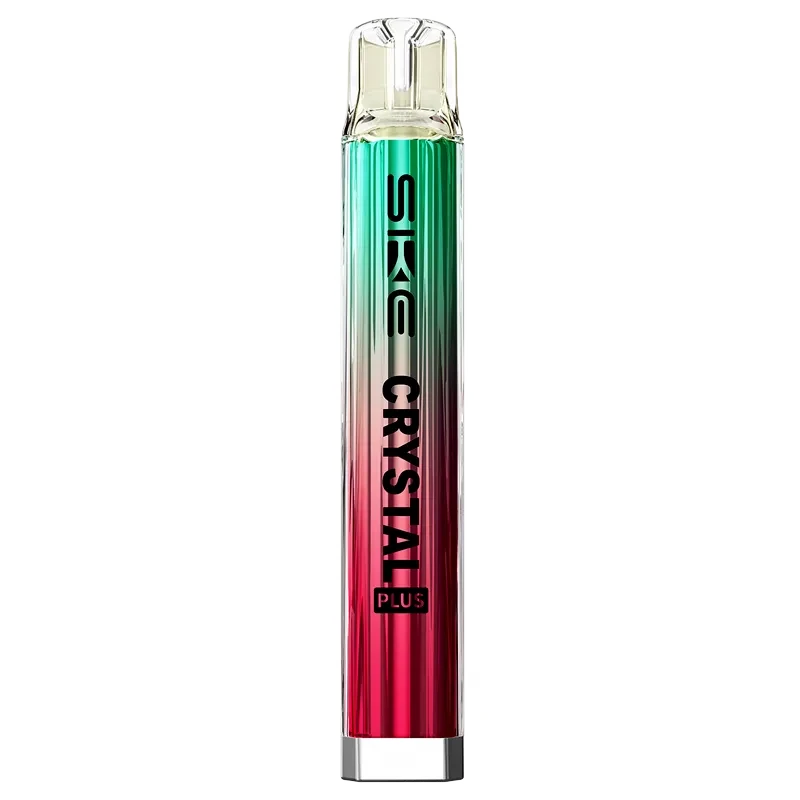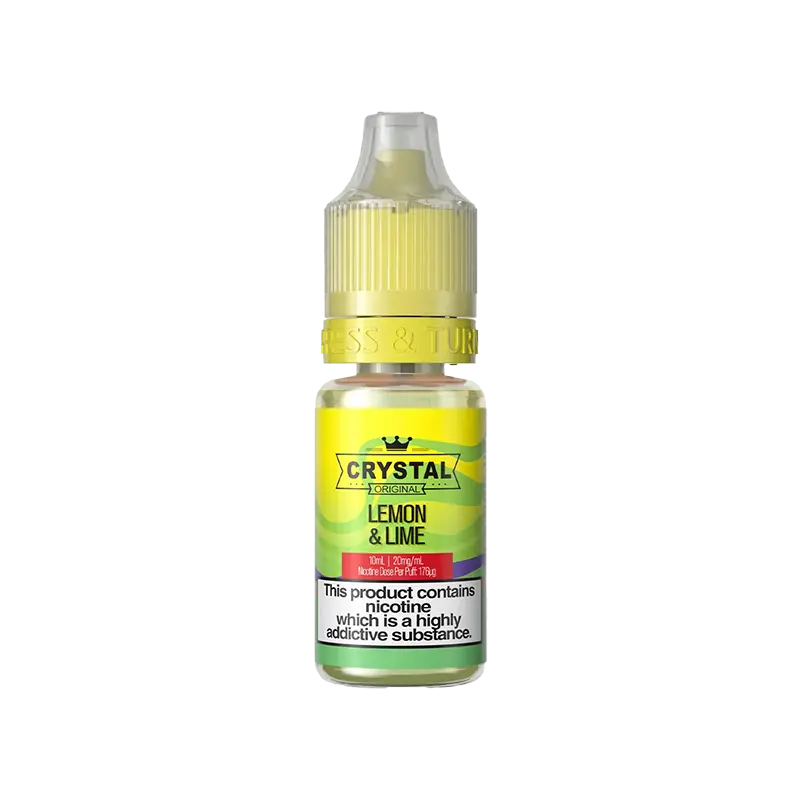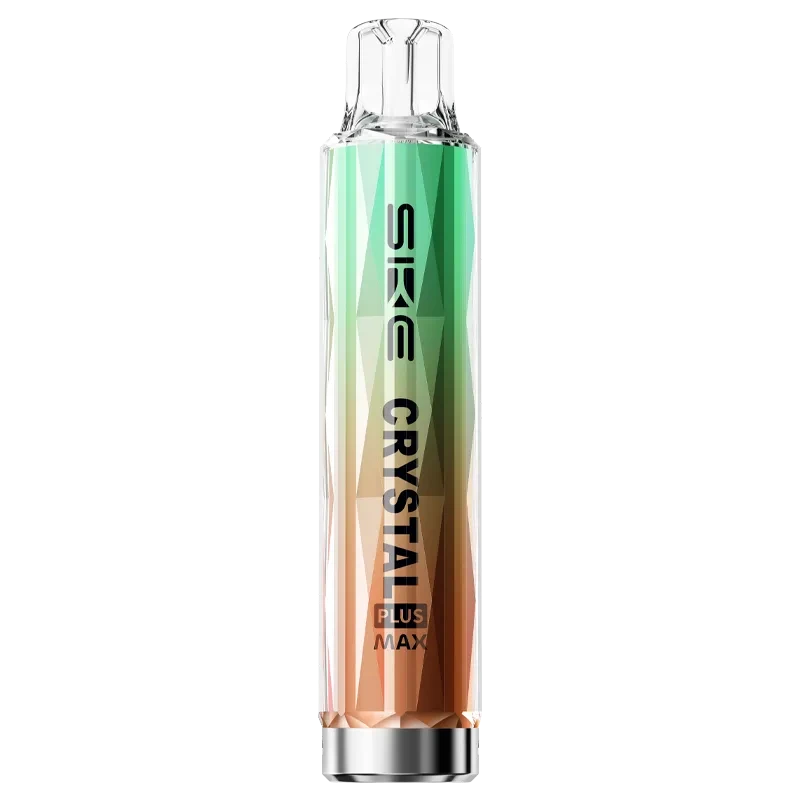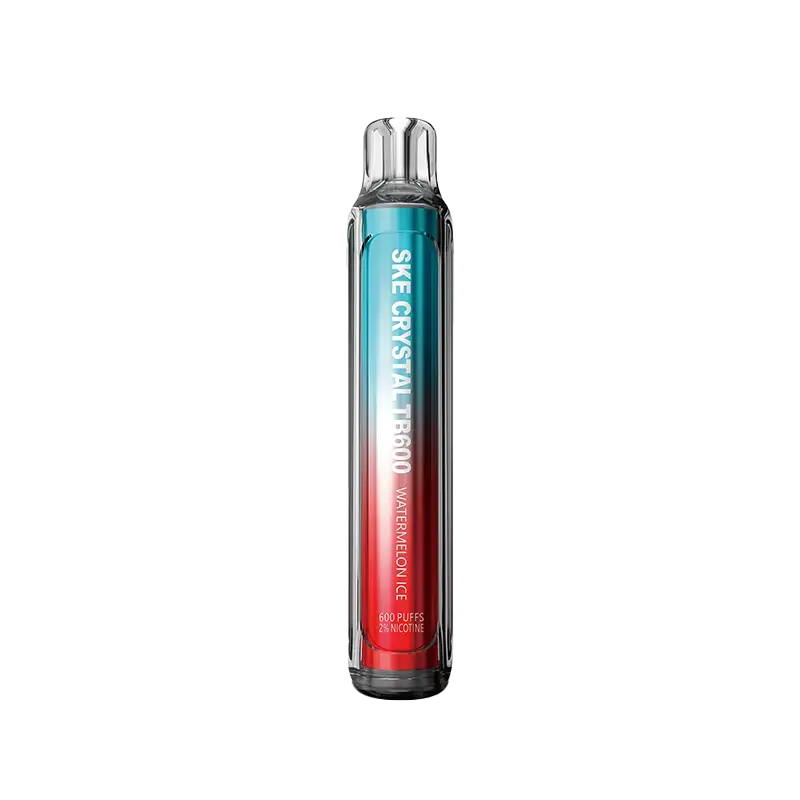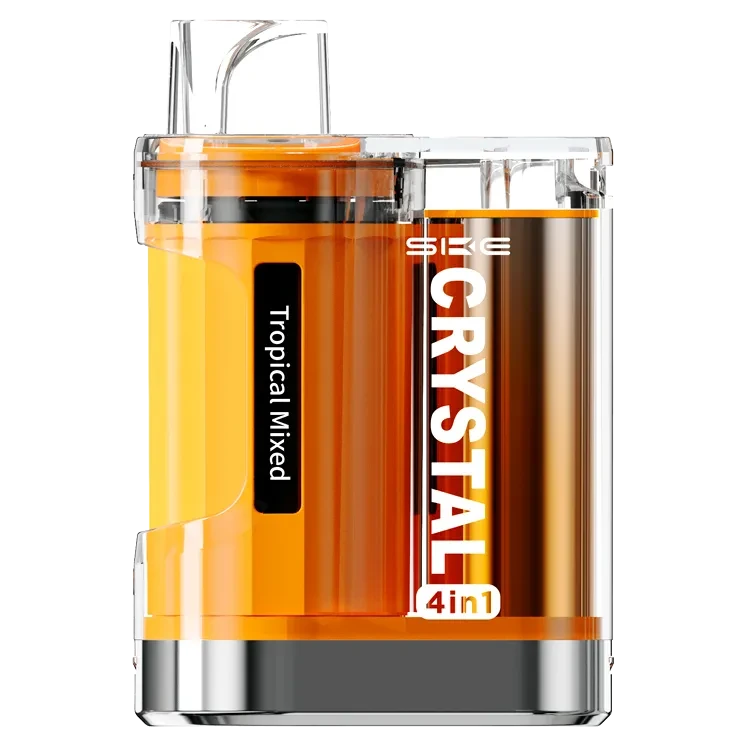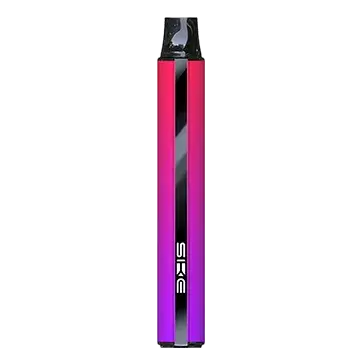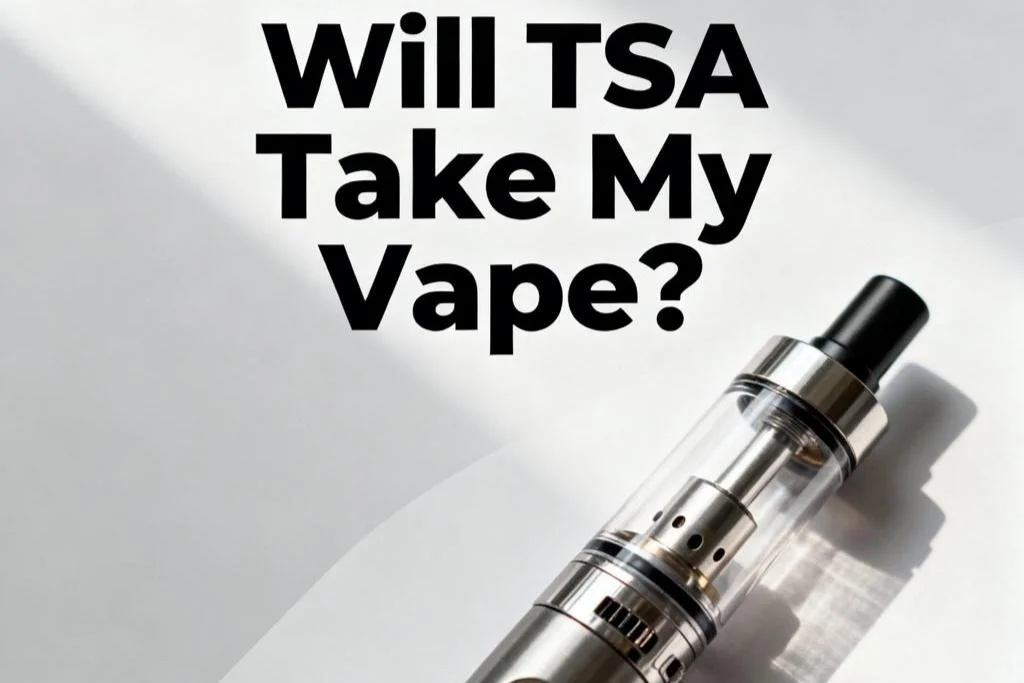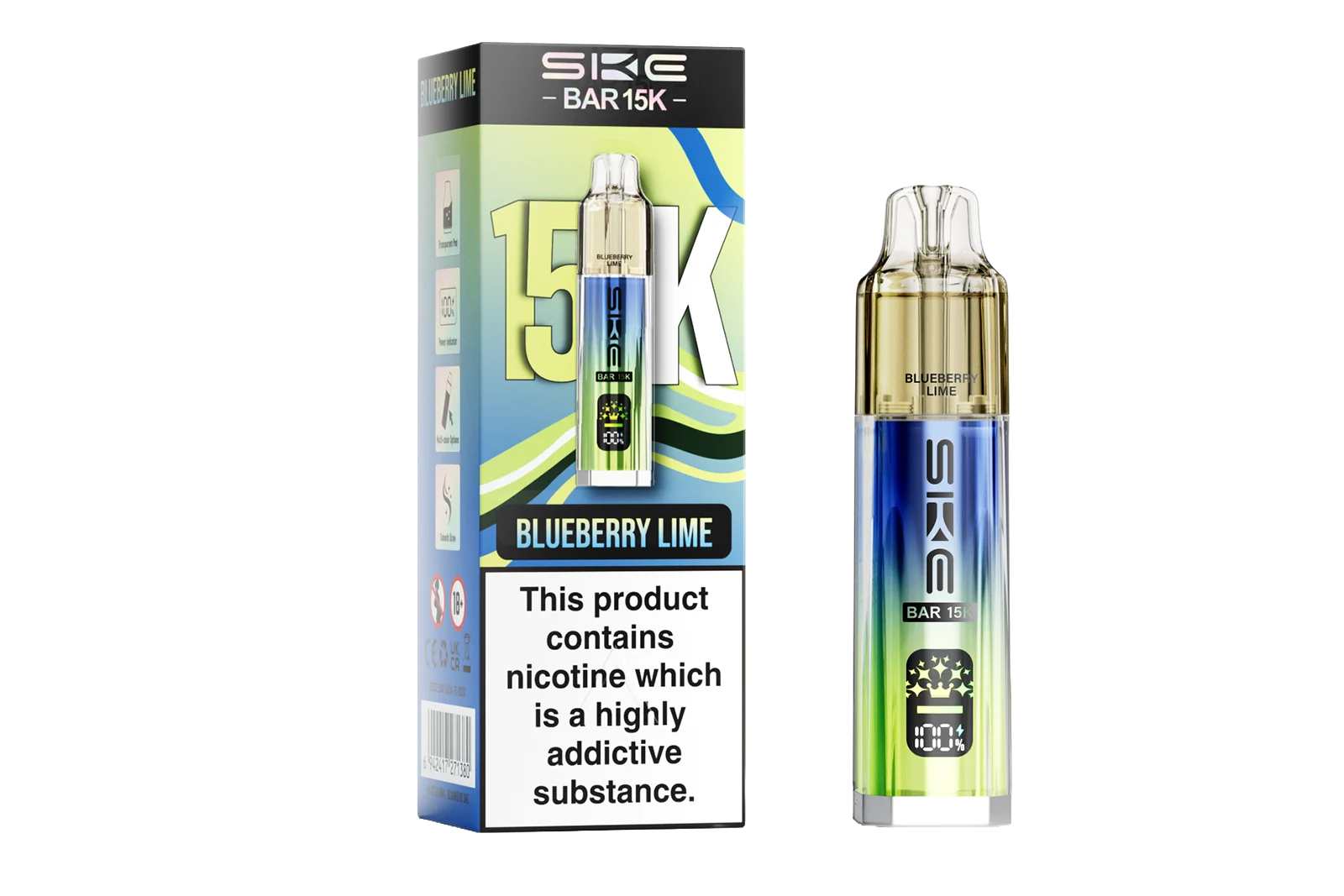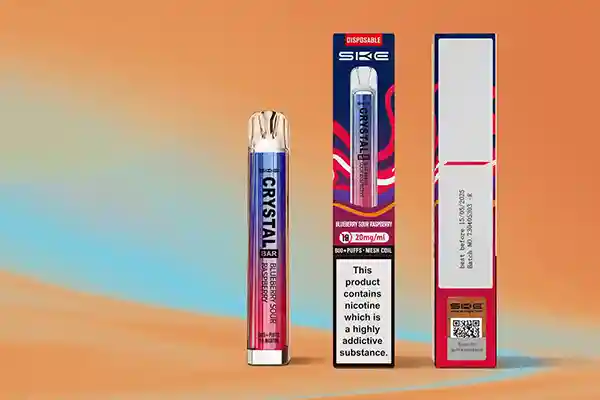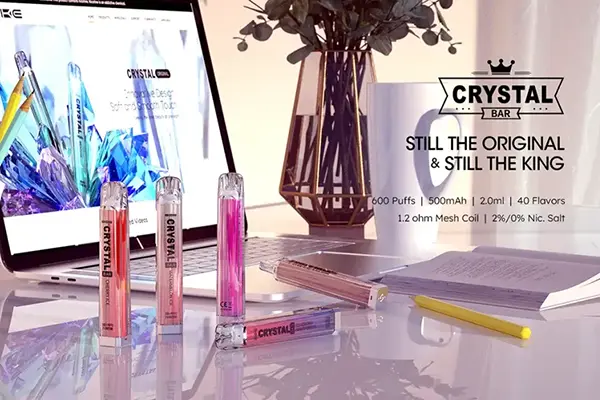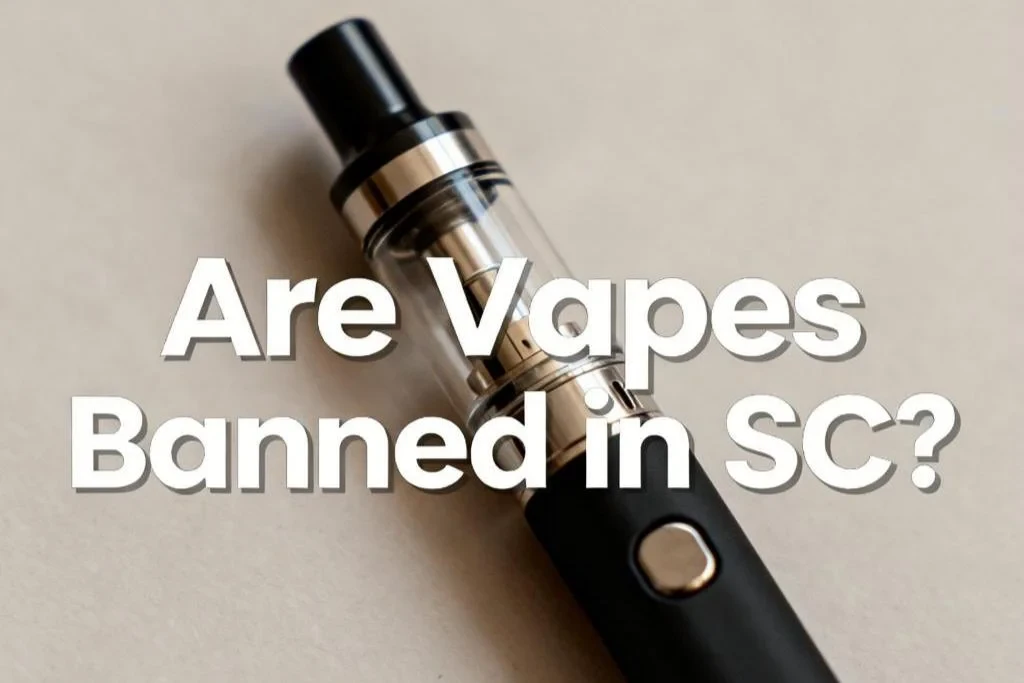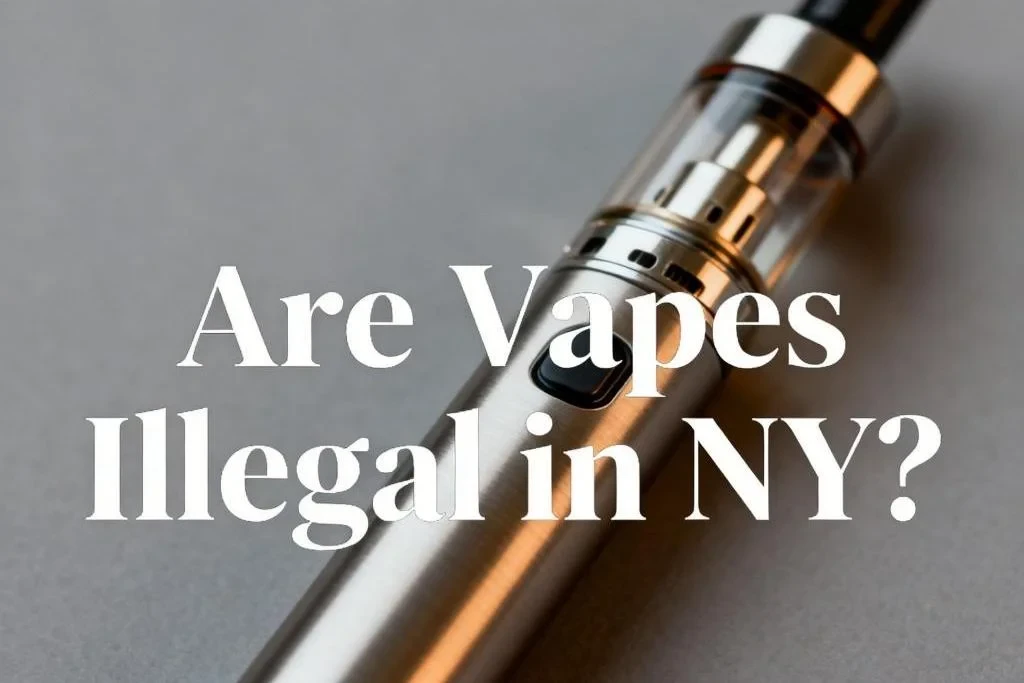DOES E-CIGARETTE/VAPE JUICE CONTAIN ANTIFREEZE?
Vaping's become way more common in recent years as an alternative to smoking traditional cigarettes. Millions of folks now vape regularly. Some vapers are former smokers using e-cigs to quit or cut down on smoking. Others just enjoy vaping and prefer it over smoking.
Whatever the reasons for vaping, there are now tons of people doing it. And with the rise of vaping comes natural questions 'bout what's actually contained in the liquids being vaporized and inhaled.
Does e-cigarette/vape juice contain antifreeze? - the dangerous chemicals found in automotive products. Such new vapers may have some question in their mind. This article'll explore the facts behind that question, so vapers can make informed choices.
The liquid used in vape products is known as vape juice, e-juice, or e-liquid. Most vapers prolly haven't given too much thought to exactly what's in their e-juice. They just fill up their devices and start vaping away.
But other more cautious folks want to educate themselves on the ingredients and potential risks. After all, we're talking about chemicals being vaporized and inhaled directly into the lungs.
The Composition of Vape Juice and E-liquids
First things first - what exactly is in vape juice? Let's break down its typical ingredients:
Propylene Glycol (PG): Most vape juices contain some amount of pharmaceutical-grade propylene glycol. This is a clear, odorless liquid alcohol that's used in a variety of pharmaceuticals, food products, cosmetics, and other consumer goods. The FDA recognizes propylene glycol as safe for human ingestion and topical application. When vaped, PG produces dense vapor clouds.
Vegetable Glycerin (VG): Vape juice also contains vegetable glycerin, a syrupy liquid derived from plant oils. Like PG, VG has no real odor or color. It's considered non-toxic by health agencies and is commonly used in foods, medicines, personal care products, and more. VG makes vape clouds thicker than PG.
Flavorings: What gives each vape juice its unique taste are food-grade flavoring chemicals, typically the same ones used in cooking, candy production, aromatherapy, etc. These flavorings let vapers customize tastes from fruity flavors to desserts, mints, tobacco flavors, menthol, and many more.
Nicotine (optional): Finally, vape juice may contain nicotine - the addictive stimulant found naturally in tobacco leaves. Nicotine content can range from 0 milligrams for non-nicotine juices up to 36mg/mL or even higher for very high strength vape juice. Nicotine provides the pleasurable "throat hit" and rush many vapers desire.
Now here's the important part when looking at potential risks - one chemical you'll never find listed in vape juice ingredients is ethylene glycol. This is the main component found in standard automotive antifreeze and engine de-icer products.
So if toxic antifreeze isn't an ingredient in vape juice, where did the claims it contains antifreeze come from? Let's take a closer look at the possible origins next.
Do Vapes contain ethylene glycol?
The notion that vape juice contains deadly antifreeze likely stems from confusion between two very different chemicals - propylene glycol and ethylene glycol:
Propylene Glycol is the glycol type approved for use in pharmaceuticals, cosmetics, food products, and vape liquids. It's generally recognized as safe for human consumption by health agencies like the FDA.
Ethylene Glycol is an entirely distinct compound. This is the type found in standard automotive antifreeze, de-icers, coolants, and other similar products. If swallowed, ethylene glycol is highly toxic with potentially fatal consequences.
Although their names sound similar, propylene glycol and ethylene glycol have very different chemical structures and properties. Propylene glycol is not considered hazardous or toxic like automotive antifreeze.
So how did the myth that vape juice contains antifreeze spread? Here are some likely contributing factors:Lack of chemistry knowledge among much of the general public to know these are two completely different chemicals.
• Similarity between the names "propylene glycol" and "ethylene glycol" leading to inaccurate association
• Alarmist media stories and headlines warning that vape juice contains deadly antifreeze
• Anecdotal reports that spilled propylene glycol has a mildly sweet taste - a property it shares with toxic ethylene glycol
• General unfamiliarity with what exactly propylene glycol is among much of the non-scientific community
With this amount of confusion between the two chemicals, it's easy to see how misconceptions could spread. But reputable vape juice doesn't contain any amount of ethylene glycol or other chemicals used in antifreeze. These claims are completely unfounded.
Is Inhaling Propylene Glycol From Vaping Safe?
Alright, so vape juice doesn't actually contain literal antifreeze. But what about propylene glycol itself? Is frequently inhaling PG vapor potentially harmful or risky?
Here's what major health organizations and scientific studies report about the safety of inhaling pharmaceutical-grade propylene glycol from vaping:
FDA - The Food and Drug Administration recognizes propylene glycol as Generally Recognized as Safe (GRAS) when used in food, drugs, cosmetics, and other FDA-regulated products. If the FDA had serious concerns about vape juice containing PG, it's unlikely they would allow its widespread use by vapers.
CDC - The CDC's Agency for Toxic Substances and Disease Registry states propylene glycol only poses minimal toxicity when inhaled, and any effects reverse once exposure stops. They do not consider vaping PG to pose any high risks from occasional use.
UK Health Organizations - Public Health England, the Royal College of Physicians, and other UK health agencies reviewed the research on vaping. They concluded propylene glycol is safe to be inhaled as vapor based on current evidence.
2021 Research Study - This recent clinical study had participants directly inhale propylene glycol vapor over an extended period to analyze impacts on respiratory health. Researchers found no abnormalities or inflammatory markers after PG vape exposure.
The overall body of evidence indicates inhaling moderate amounts of propylene glycol vapor from normal vape use is unlikely to pose significant health risks for most users. More longitudinal real-world studies are still needed. But existing data has not raised serious concerns to date.
Other Common Vape Juice Ingredient Concerns
Although the antifreeze claims are completely unfounded, some vapers still have additional questions about potential chemicals in their e-liquids. Let's look at some other common concerns:
Heavy Metals - Trace amounts of certain heavy metals like lead and cadmium have been detected in some vape products in a few studies. These likely originate from vape device coils and wicks. Manufacturing processes may also introduce miniscule contaminants. However, amounts found are typically far below hazardous exposure levels according to research. Still, ongoing testing helps minimize risks, however small.
Formaldehyde: This known carcinogen can form when e-liquid overheats at very high temperatures. However, other studies have not found worrisome formaldehyde levels in vape aerosol produced at normal device power settings. While overheating vape juice is never advised, typical use seems to pose minimal risks per current data.
Diacetyl: After workers in microwave popcorn factories developed "popcorn lung" from inhaling diacetyl, concerns emerged when the chemical was detected in some flavored vape juices. However, numerous studies observing actual vapers found no popcorn lung cases even with daily use. But risks may increase for extremely frequent, heavy usage - especially of sweet and buttery flavors.
Respiratory Irritation: Some vapers experience minor throat or airway irritation from chemicals in certain flavor concentrates. This typically resolves completely by choosing another e-liquid flavor profile. True allergic reactions are rare but switching e-liquids also alleviates those cases.
Unknown Long-Term Effects: The long-term impacts of regularly inhaling flavoring chemicals are unclear due to the lack of longitudinal studies thus far. However, residual amounts inhaled after vaporization may pose low risks. Ongoing research will provide more clarity on effects over decades of use. But no serious concerns evident currently.
By selecting high-quality vape juice from reputable manufacturers and avoiding excessive temperatures, vapers can significantly minimize exposure to any potentially harmful contaminants according to researchers. But extra diligence never hurts.
Key Takeaways for Vapers About E-Liquid
Based on current research, vape juice containing typical ingredients like pharmaceutical-grade propylene glycol, vegetable glycerin, nicotine, and food flavor additives is unlikely to carry significant health risks for most adult vapers under ordinary use conditions.
But some gaps still remain in long-term studies analyzing effects over many years of consistent vaping. Experts advise purchasing high-quality e-liquids from trusted manufacturers who follow good production standards and ingredient sourcing. Avoiding black market or homemade vape juice of questionable quality is highly recommended by health agencies.
Vapers concerned about health risks may want to take extra precautions, such as:
- Using regulated vape devices properly within the recommended wattage/voltage/temperature ranges
- Monitoring personal tolerance and discontinuing any e-liquid flavor causing throat or respiratory irritation
- Staying up-to-date on emerging vaping research studies as more is learned over time
- Consulting a doctor if experiencing persistent respiratory conditions potentially related to vaping
Public health agencies agree vaping poses substantially lower risks than smoking combustible tobacco for smokers looking to switch to e-cigs. But more longitudinal real-world research on vaping will help better understand long-term impacts on health outcomes.
As always, individuals should talk with their doctor for specific medical advice based on their health circumstances.
FAQs: Common Vape Juice Questions
1. Does vape juice contain antifreeze?
No, vape juice does not contain any ethylene glycol or other chemicals used in antifreeze. The myth likely started from confusion between very distinct ingredients named propylene glycol and ethylene glycol. But vape juice contains neither antifreeze nor its ingredients in any amount.
2. Why did the myth that vape juice contains antifreeze spread?
Mainly because propylene glycol and ethylene glycol sound similar to those unfamiliar with the vast chemical differences. Also due to sensational media stories, lack of chemistry knowledge, and anecdotal confusion between the two very dissimilar compounds. No truth at all to vape juice containing antifreeze.
3. Is inhaling propylene glycol from vaping safe based on current data?
Yes, existing research shows minimal risks for most adult vapers using PG-based e-liquids under ordinary conditions. Health authorities do not oppose pharmaceutical-grade PG in vape juice. But more longitudinal studies will provide extra clarity on long-term impacts.
4. Can vape juice expire or go bad?
Yes, though it typically lasts around 1-2 years when properly stored. Over time, nicotine and flavors can oxidize and degrade. Signs of expiration may include harsh taste, discoloration, separation, etc. Keeping e-liquid in cool, dark environments extends its shelf life. Promptly discard any juice that appears or tastes bad.
5. Should I worry about heavy metals in vape juice?
Miniscule amounts have been detected in trace testing, likely originating from coils and manufacturing processes. But amounts found are typically far below levels deemed concerning. Still, ongoing lab testing helps minimize risks. Choosing reputable e-liquid brands is always advisable, like SKE Vape, all of our products, such as SKE Crystal Bar, SKE Strip Bar, SKE Super Max, and all other SKE vapes undergo extremely rigorous tests before sending to our distributors.
Hopefully, this overview gives vapers a balanced fact-based understanding of vape juice ingredients and any related health concerns based on current evidence and agency guidance. While unlikely a risk for responsible adult users, continuing research will provide more clarity on vaping's long-term impacts.
Resource: Does e-cig liquid contain antifreeze?
TABLE OF CONTENTS
- Untitled
- The Composition of Vape Juice and E-liquids
- Do Vapes contain ethylene glycol?
- Is Inhaling Propylene Glycol From Vaping Safe?
- Other Common Vape Juice Ingredient Concerns
- Key Takeaways for Vapers About E-Liquid
- FAQs: Common Vape Juice Questions
- 1. Does vape juice contain antifreeze?
- 2. Why did the myth that vape juice contains antifreeze spread?
- 3. Is inhaling propylene glycol from vaping safe based on current data?
- 4. Can vape juice expire or go bad?
- 5. Should I worry about heavy metals in vape juice?
